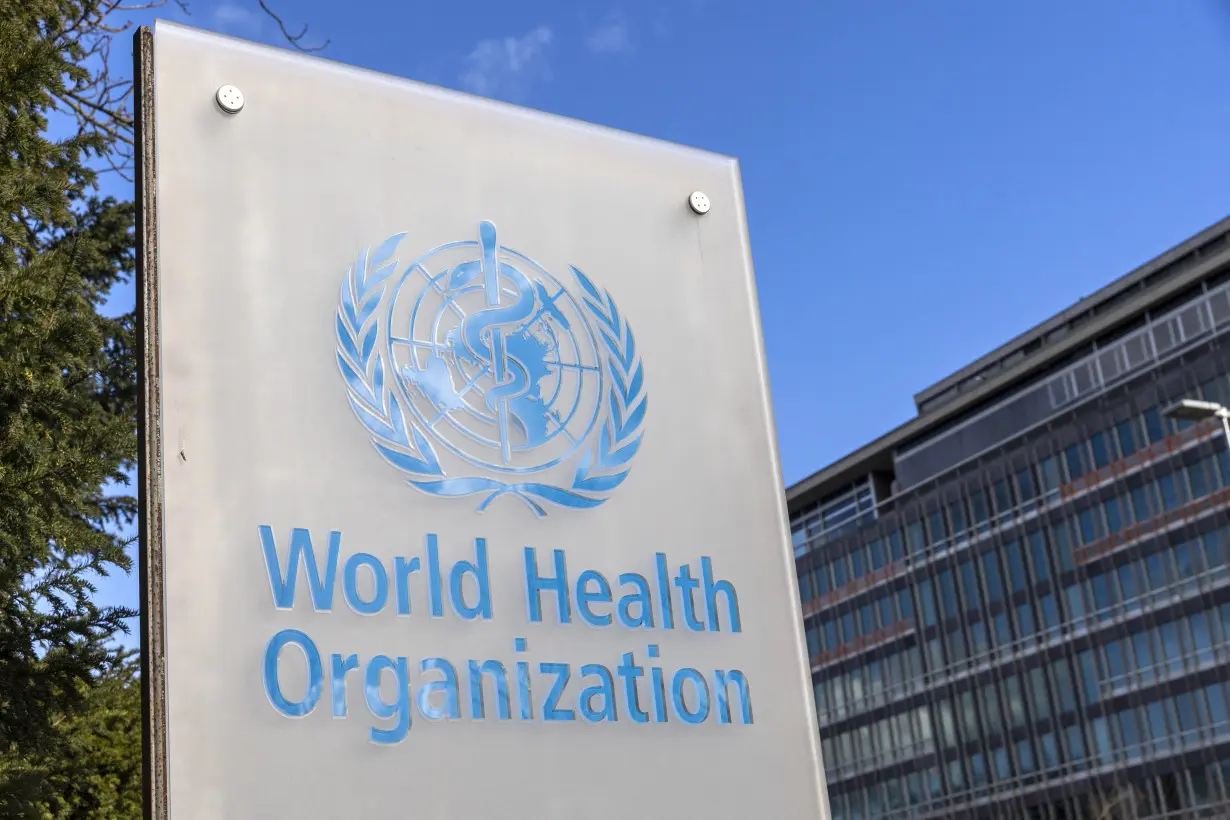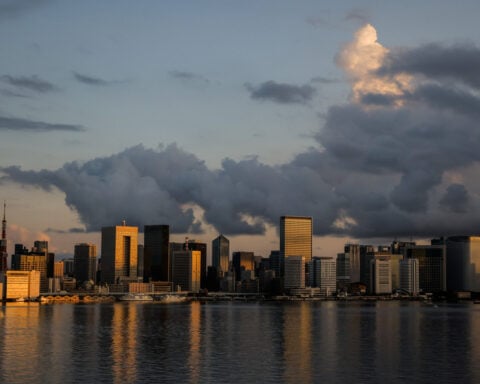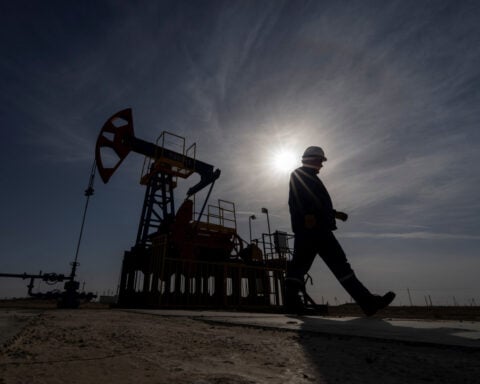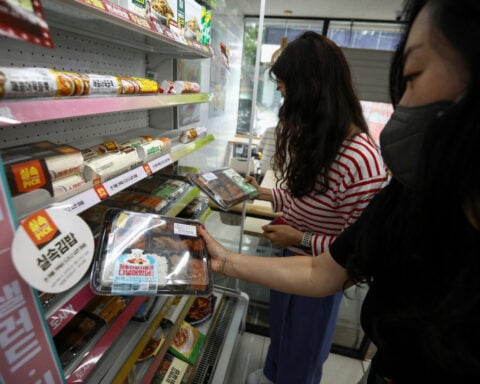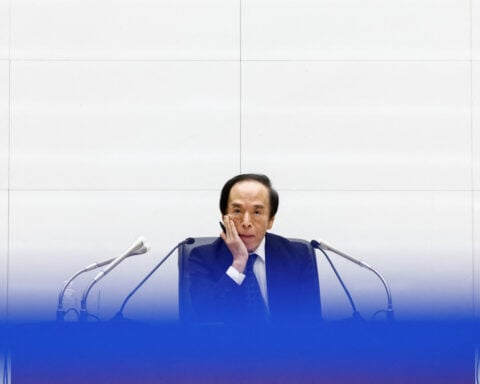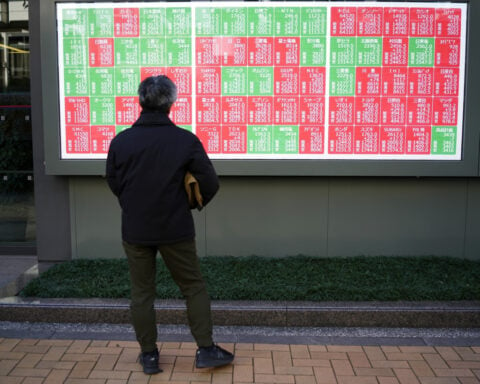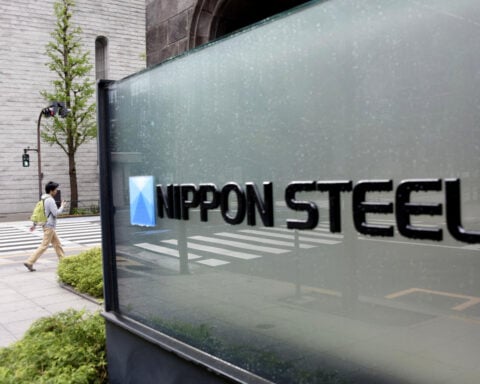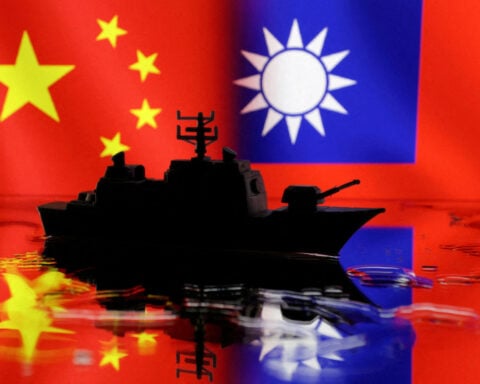By Ben Blanchard
TAIPEI (Reuters) -It will be hard for Taiwan to attend this year's World Health Organization annual assembly, and it hopes more countries will support its presence, the island's foreign minister said on Thursday after the United States pressed for an invite.
Taiwan is excluded from most international organisations because of objections by China, which considers the democratically governed island its own territory.
Taiwan attended the World Health Assembly (WHA) as an observer from 2009 to 2016 under the administration of then-President Ma Ying-jeou, who signed landmark trade and tourism agreements with China.
But Beijing began blocking Taiwan's participation in 2017 after President Tsai Ing-wen won office for her refusal to agree to China's position that both China and Taiwan are part of "one China".
Speaking to reporters in parliament, Taiwan Foreign Minister Joseph Wu noted a Wednesday statement from U.S. Secretary of State Antony Blinken in which he said the United States "strongly encourages" the WHO to reinstate Taiwan's invitation.
"When it comes to attending this year's WHA there may be some difficulties, but we are continuing to work hard, as before, to get more countries to support us," Wu said, without elaborating on those problems.
This year's WHA starts May 27, just a week after Taiwan president-elect Lai Ching-te takes office. China has a strong dislike of Lai, who it believes is a dangerous separatist and has rebuffed his repeated calls for talks.
Taiwan, which is allowed to attend some technical WHO meetings, says its exclusion hindered efforts to fight the COVID-19 pandemic.
Blinken's statement said the United States commended the WHO for taking steps to engage Taiwan more meaningfully in its technical work over the past year and for improving lines of communication.
"Yet Taiwan's continued exclusion from this preeminent global health forum undermines inclusive global public health cooperation and security," he added. "Inviting Taiwan to observe the WHA is a critically important step toward affirming the WHO's goal of 'Health for All'."
China's foreign ministry said it was "strongly opposed" to Blinken's comments, which it said in essence condoned and supported Taiwanese separatism.
"The Democratic Progressive Party authorities stubbornly adhere to the separatist position of Taiwan independence, which has led to the disappearance of the political basis for Taiwan to participate in the WHA," the ministry said, referring to Taiwan's ruling party.
The WHO did not immediately respond to a request for comment.
China has in recent years ramped up diplomatic and military pressure against Taiwan to force the island to accept Chinese sovereignty.
Taiwan's government rejects China's claims and says only the island's 23 million people can decide their future, and that Beijing has no right to speak for or represent Taiwan on the international stage.
(Reporting by Ben Blanchard; Additional reporting by Ryan Woo in Beijing. Editing by Gerry Doyle and Bernadette Baum)

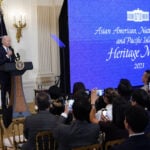 AAPI adults prioritize immigration, but split on mass deportations: AP-NORC/AAPI Data poll
AAPI adults prioritize immigration, but split on mass deportations: AP-NORC/AAPI Data poll
 Nippon Steel wants to work with Trump administration on US Steel deal, Mori tells WSJ
Nippon Steel wants to work with Trump administration on US Steel deal, Mori tells WSJ
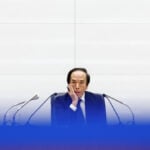 BOJ will raise rates if economy, price conditions continue to improve, Ueda says
BOJ will raise rates if economy, price conditions continue to improve, Ueda says
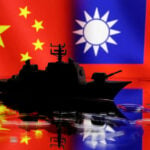 After cable damage, Taiwan to step up surveillance of flag of convenience ships
After cable damage, Taiwan to step up surveillance of flag of convenience ships
 As fires ravage Los Angeles, Tiger Woods isn't sure what will happen with Riviera tournament
As fires ravage Los Angeles, Tiger Woods isn't sure what will happen with Riviera tournament
 Antetokounmpo gets 50th career triple-double as Bucks win 130-115 to end Kings' 7-game win streak
Antetokounmpo gets 50th career triple-double as Bucks win 130-115 to end Kings' 7-game win streak
 Zheng loses to No 97 Siegemund, Osaka rallies to advance at the Australian Open
Zheng loses to No 97 Siegemund, Osaka rallies to advance at the Australian Open
